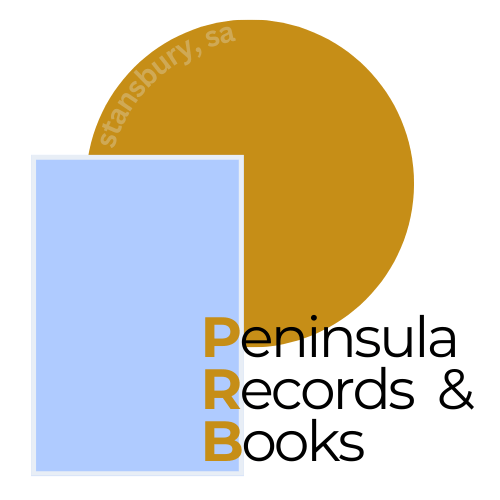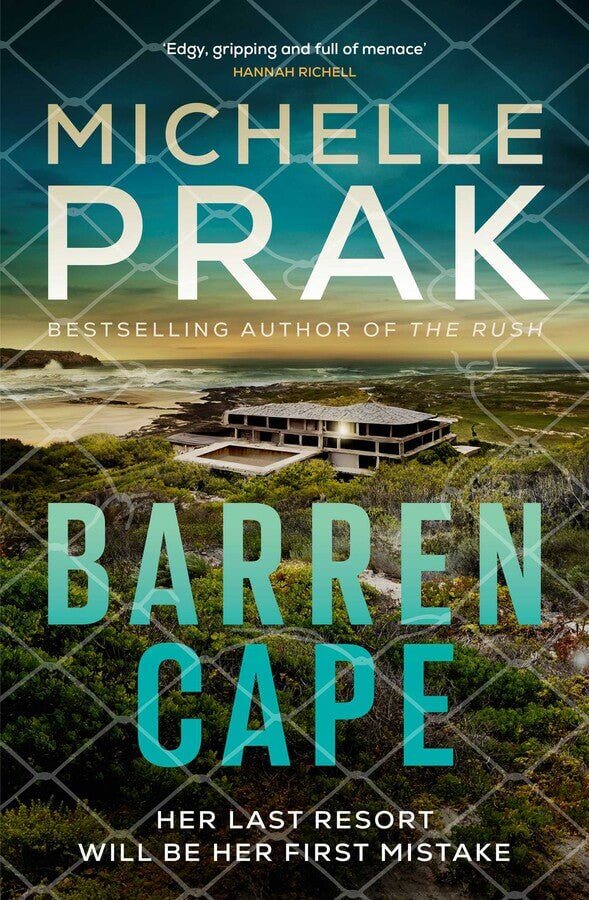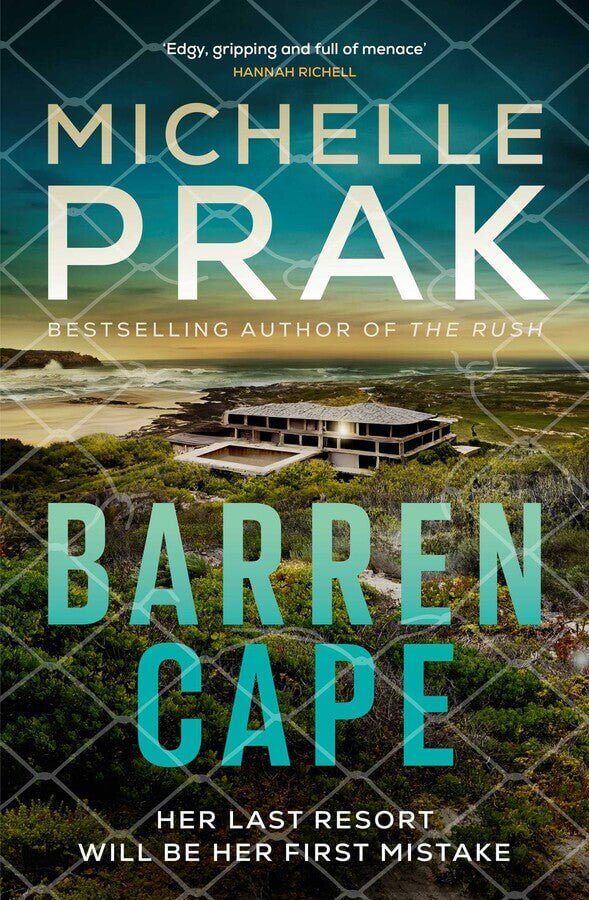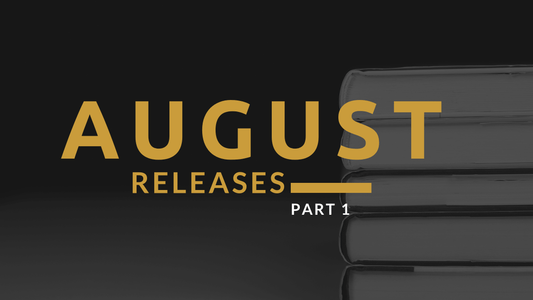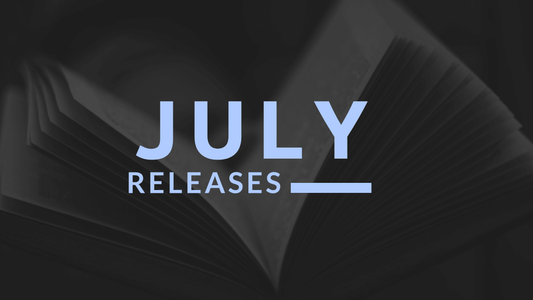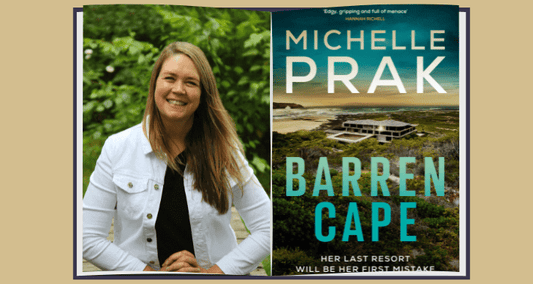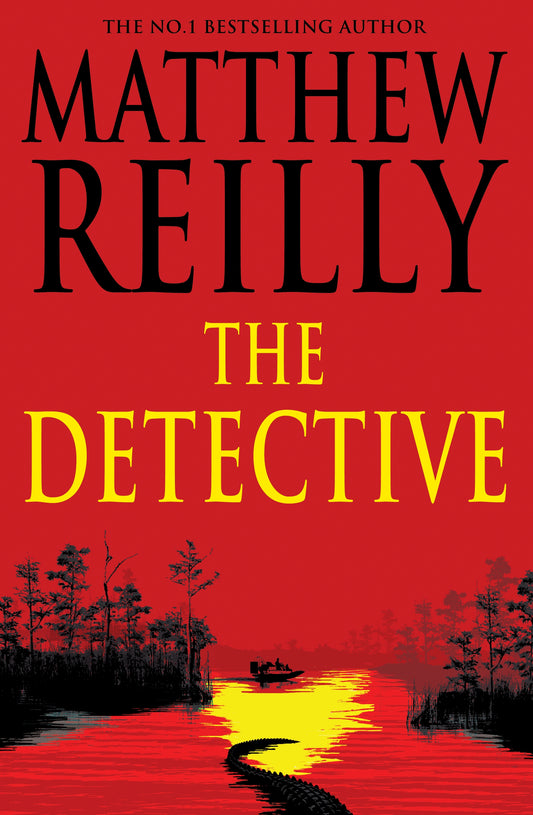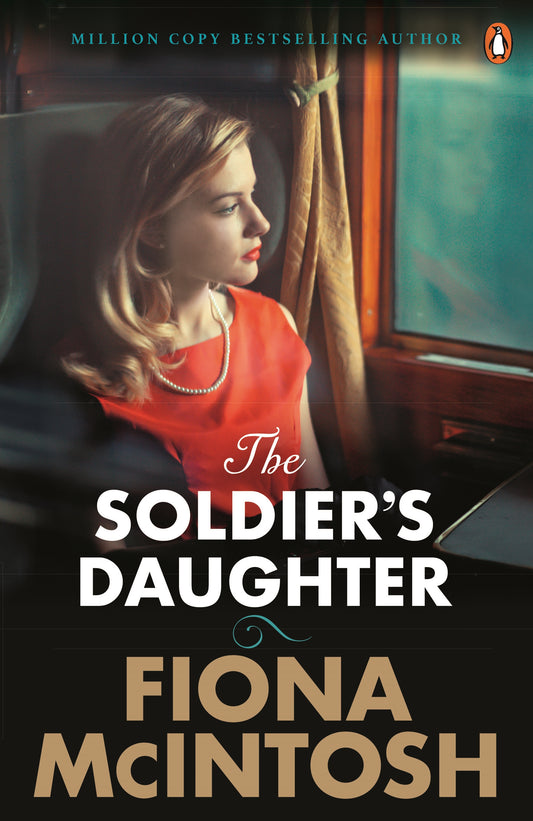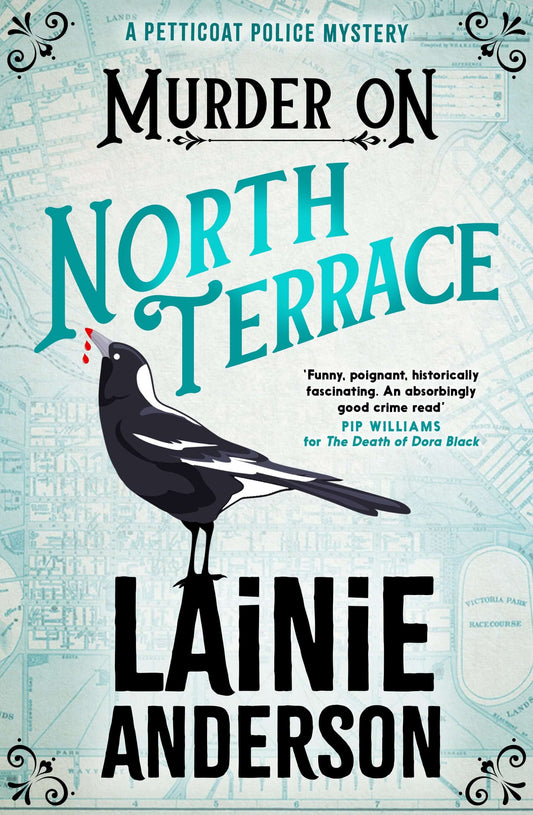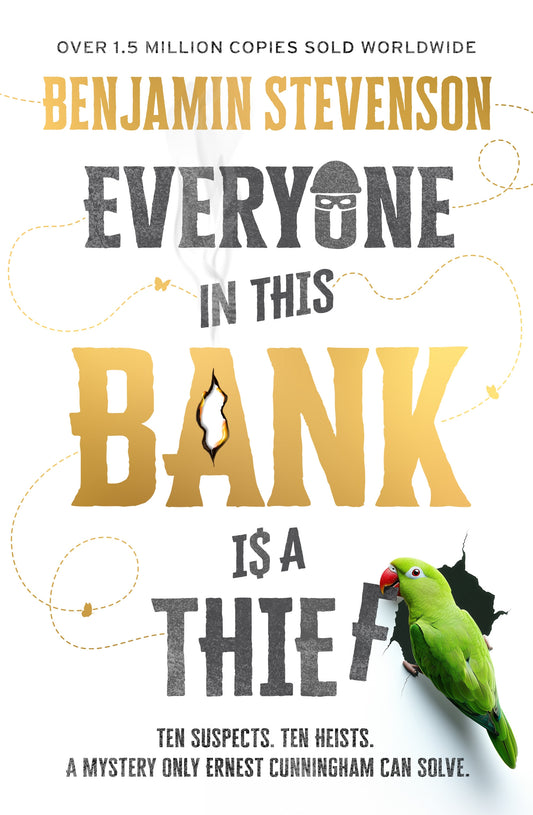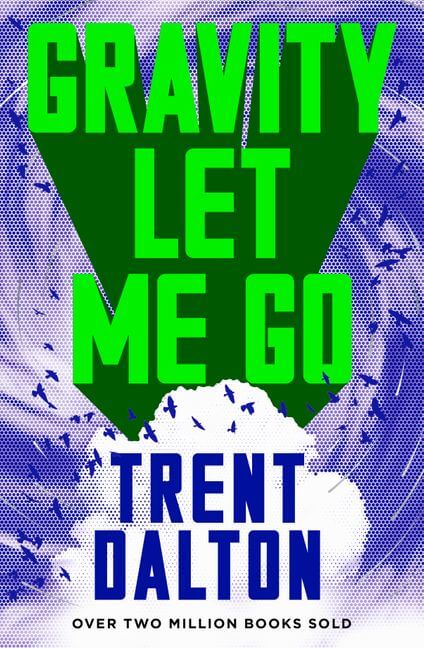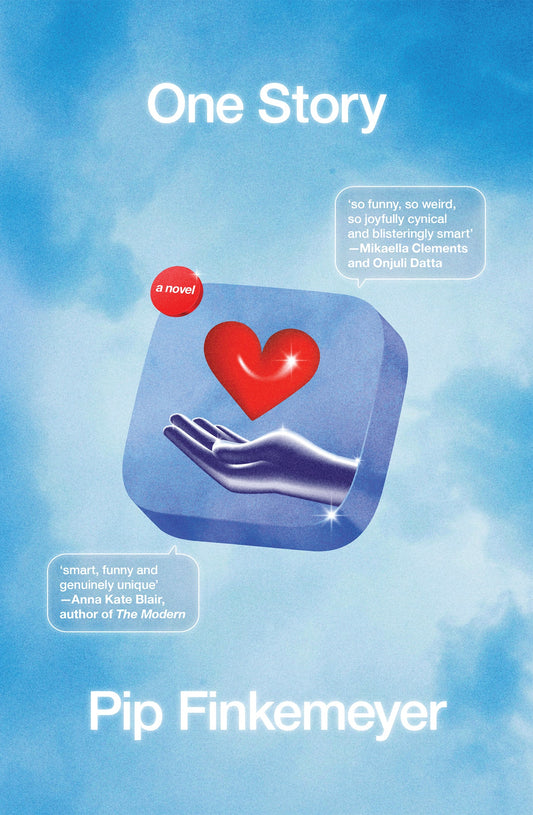Author Feature: Michelle Prak
This month, we feature Michelle Prak — South Australian author, thriller-lover, and digital media trailblazer. Known for her debut, The Rush, Michelle returns with Barren Cape, a gritty, atmospheric suspense novel set on the windswept coastline of South Australia. We asked Michelle about her writing process, what’s on her bedside table, and how her background in journalism and digital media shapes her stories.
Your debut novel, The Rush, combines suspense and rural settings to gripping
effect. What drew you to write in this genre, and how do you approach building
tension and atmosphere in your stories?
The thriller genre is my favourite to read and watch on the screen. Stories are a means of
escape and putting myself in another person’s shoes, and reading about people in danger takes me out of the ordinary world.It’s difficult to describe my approach to building tension in my books, because it comes naturally to me. As a genre writer, it’s important to be immersed in that genre, and I’ve certainly done that. This means you imbibe the rhythm and tropes, as well as the potential to subvert them. There’s exhilaration in relating a scary story. We’ve been doing it for centuries around the campfire and in the tales we tell children…
Your career has been incredibly diverse, from journalism to digital marketing and
now as a published author. Have these experiences shaped your storytelling, and if
so, how?
My journalism training has greatly impacted my writing. I have a spare writing style. I strive to write with clarity and brevity. Unfortunately, that’s not useful when it comes to novels! I have to push myself to deepen my descriptions, provide more character background, and reach an acceptable word count. Thrillers generally range from 70,000 to 90,000 words. My first drafts are usually in the high 60,000 word range.
(This writing style is also reflected in my reading preferences. I don’t enjoy thrillers that wax lyrical; that go into depth when describing characters’ appearances; that detail minutiae such as how a character prepares a cup of tea in the morning. That can make me slam a book shut!)
My career has included many high pressure roles, such as being Chief of Staff in a political office. I’ve had to work to multiple deadlines, and collaborate on writing projects. That’s also been helpful when it comes to writing fiction. I’m not daunted by a deadline, nor feedback. Sure, I’d love my submitted manuscripts to be ‘perfect’ – however I appreciate the ideas and critique given by my agent and publisher.
What books are currently on your bedside table, and do you have a favourite
author or genre you always come back to?
I’m reading The Reunion by Bronwyn Rivers. It’s a newly released Australian debut, and it’s so important to support Australian writing. I suppose you could describe this as rural noir or camping noir. I’m halfway in, and love the situation that Rivers has set up.
My favourite authors were firmly entrenched in my list decades ago. They’re the three Cs:
Michael Connelly (whom I was excited to meet at the Brisbane Writers Festival), Lee Child and Robert Crais. Connelly, in particular, is an auto-buy. His plots and writing style are an utter joy.
Locally, I adore Candice Fox and Gabrielle Bergmoser’s tense, high-octane novels.
My firm favourites outside the crime/thriller genre include Margaret Atwood and Geraldine Brooks.
Last month, Barren Cape was released. Can you share a little about the
What is the inspiration behind this story, and what can readers look forward to?
There’s so much inspiration behind this thriller, and I’ll try and keep it short!
I love the South Australian coastline. My husband and I have rented beach houses over
several summers with our two sons. During one of those holidays, I was writing (yes, I love writing on holiday), and feeling highly influenced by the idyllic setting.
I mused to myself: if society crumbled, the city was overrun and being looted, it was
everyone for themselves, I’d like to flee to a beach house like this. Makes sense, right? I wrote about 15,000 words, with a very dystopian flavour. I took the nub of that idea and combined it with the topical issue of homelessness. Australia’s experiencing a home and rental crisis, with many people unable to afford a place of their own.
In Barren Cape, a young woman called Mac has her flat lease terminated and can’t find
another rental. After couch surfing with friends for months, and with limited family support, she goes for a coastal drive and finds an empty construction site. It’s an abandoned resort, and she decides to squat there. To me, it’s an eerie but very realistic scenario.
Of course, what Mac doesn’t realise is that she’s not the first person to set up at the resort. And she won’t be the last one to arrive. For readers, they might reflect on how easily we could be in the same predicament. I grew up in government housing, and my childhood was unstable. I was often put to bed in strangers’ houses. Above all, I hope Barren Cape contains an original concept that excites them. The characters find themselves in highly dangerous situations, and I’ve worked hard to make it a page turner.
Are there any podcasts you’re loving right now?
I listen to a range of podcasts that revolve around writing and reading – most of them, Australian. My current regular listens include Dear Rach & Soph; The Book Deal; The Word Count Podcast; Talking Aussie Books; and The Writers Bookclub.
I intersperse these with crime stories. A recent listen was Murder in the Moonlight, a Dateline podcast. It has In Cold Blood (Truman Capote) vibes, which is one of my favourite books of all time.
As someone with a deep understanding of digital media, what are your thoughts
on the evolving role of social media in the publishing industry? Do you think it’s
changed how authors and readers engage with one another?
Social media has been a game-changer for authors and readers (apologies for the corporate cliché).
Platforms like Instagram and Facebook have enabled authors to connect with readers like
never before. Pre-internet, it was very difficult to communicate with writers. And of course, that goes both ways. I enjoy following readers and book club communities on social media. I don’t believe social media is “a must do” for authors. There are plenty of highly successful writers who aren’t online, or rarely engage. But I was always going to be a social media user.
Throughout my childhood and teens, I kept diaries, I took photos, I submitted articles and
letters to the editor. I was extremely shy, but obviously felt I had something to say! So when social media came along, I was a very early adopter. I then went on to become South Australia’s first full-time social media consultant.
As with anything, boundaries are important. Social media can be a time suck; doomscrolling isn’t good for anyone; and writers in particular can dwell on negative feedback. Social media is what you make it, and it is possible to build a delightful and encouraging online network of your choosing.
